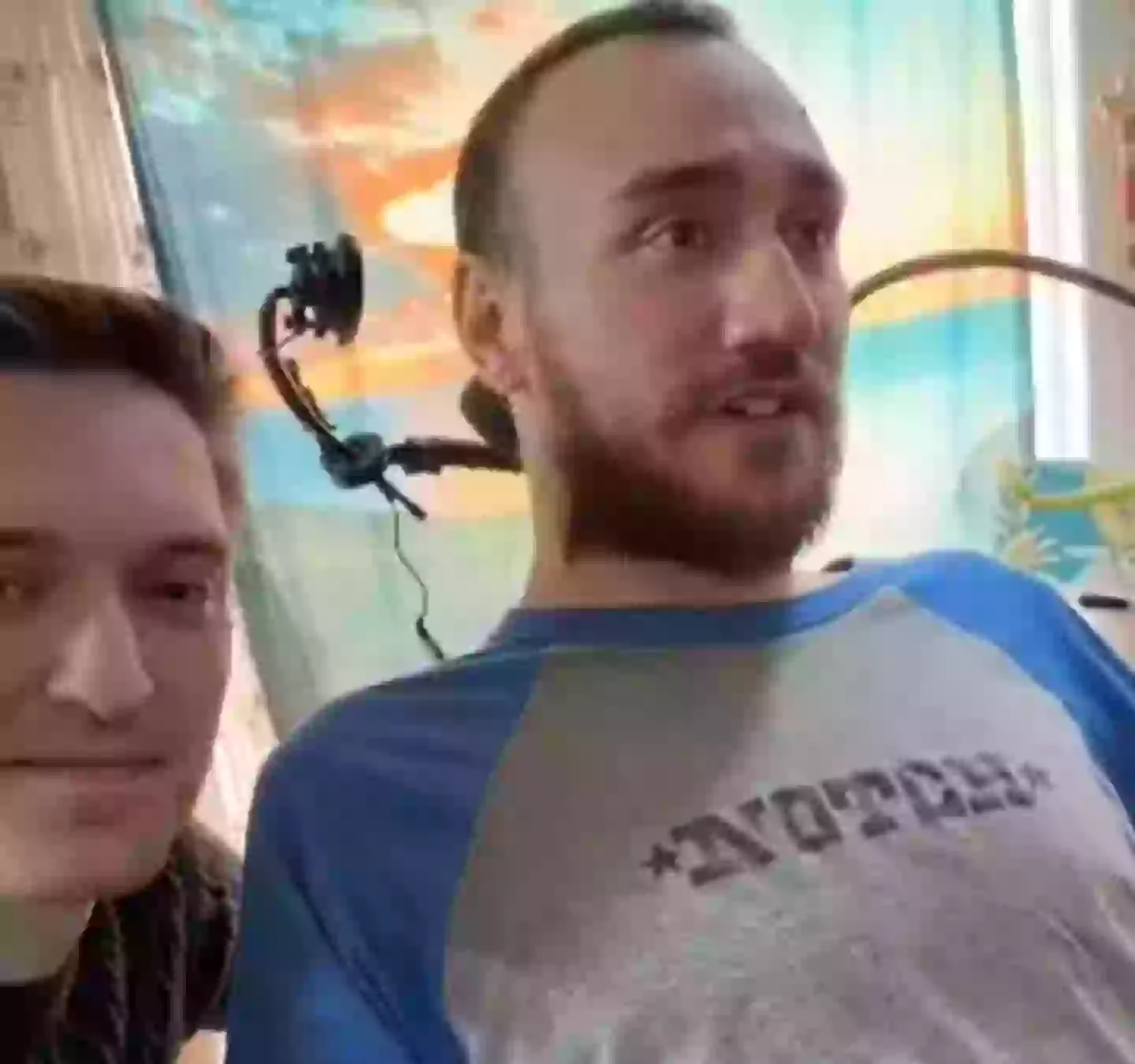
The future envisioned by films such as Total Recall and Blade Runner seems to be becoming more and more real thanks to the likes of Elon Musk.
From self-driving electric cars through his Tesla business to commercial space travel in SpaceX, the South African billionaire is behind some of the most technically advanced aspirations being undertaken by humanity.
And now, through his neurotechnology company Neuralink, Musk is turning science fiction into real life through implantable brain computer chips.
It sounds like something straight out of a Black Mirror episode, right?
Advert
On Wednesday (20 March), Musk and Neuralink shared a nine minute livestream of a trial patient using his implanted brain chip to play video games, including a successful game of chess.
The patient, 29-year-old Noland Arbaugh, is a quadriplegic and the Neuralink chip seemingly now allows him to control a computer cursor to play virtual chess.
29-year-old Arbaugh was implanted with the brain chip in January after being paralysed in a car accident.
Even though Arbaugh admitted they 'ran into some issues' that are currently being looked into, he overall enjoyed the experience, calling it 'awesome'.

Advert
Naturally, questions are now turning to when these kind of products might be available for the wider public and people with disabilities similar to Arbaugh, as well as those not as severe.
Musk himself has said that all being well, the technology will allow paralysed people to do a lot more than play a video game, with it allowing them to walk once more.
Taking to X - the social media company that he owns - Musk posted: "Long-term, it is possible to shunt the signals from the brain motor cortex past the damaged part of the spine to enable people to walk again and use their arms normally."
Social media has been full of chat about when this kind of tech might be available to do what Musk says it can.
On Reddit, one user posted: "Exceeding my expectations by miles. I’m literally blown away at how seamlessly it appears to be working.
Advert

"Do we have any idea what the timeline might be for able-bodied consumer availability?
"Correct me if I’m wrong but this appears to only be demonstrating user-to-computer communication. Do we have any idea what kind of progress they are making on bi-directional interfacing?"
Sadly, the tech won't be available right away.
Currently, the likes of Arbaugh are taking part in a Neuralink clinical trial dubbed the 'PRIME Study: Precise Robotically Implanted Brain-Computer Interface'.
Advert
Neuralink says: "The study will take approximately six years to complete. During the study, you will have regular follow-ups with our team of experts to monitor your progress and ensure the Neuralink BCI continues to work as intended.

"The primary study involves a combination of nine at-home and in-person clinic visits and takes place over approximately 18 months.
"You will be asked to participate in BCI research sessions for the duration of the study, with a minimum commitment of two sessions per week, for one hour per session.
"The long-term follow-up begins immediately after completion of the primary study and takes place over five years, with a total of 20 visits."
Advert
So don't expect the brain implants to be available this side of 2023. But who knows after then... The future is almost here.
Topics: Technology, Health, US News, World News, Elon Musk, Tesla, Science